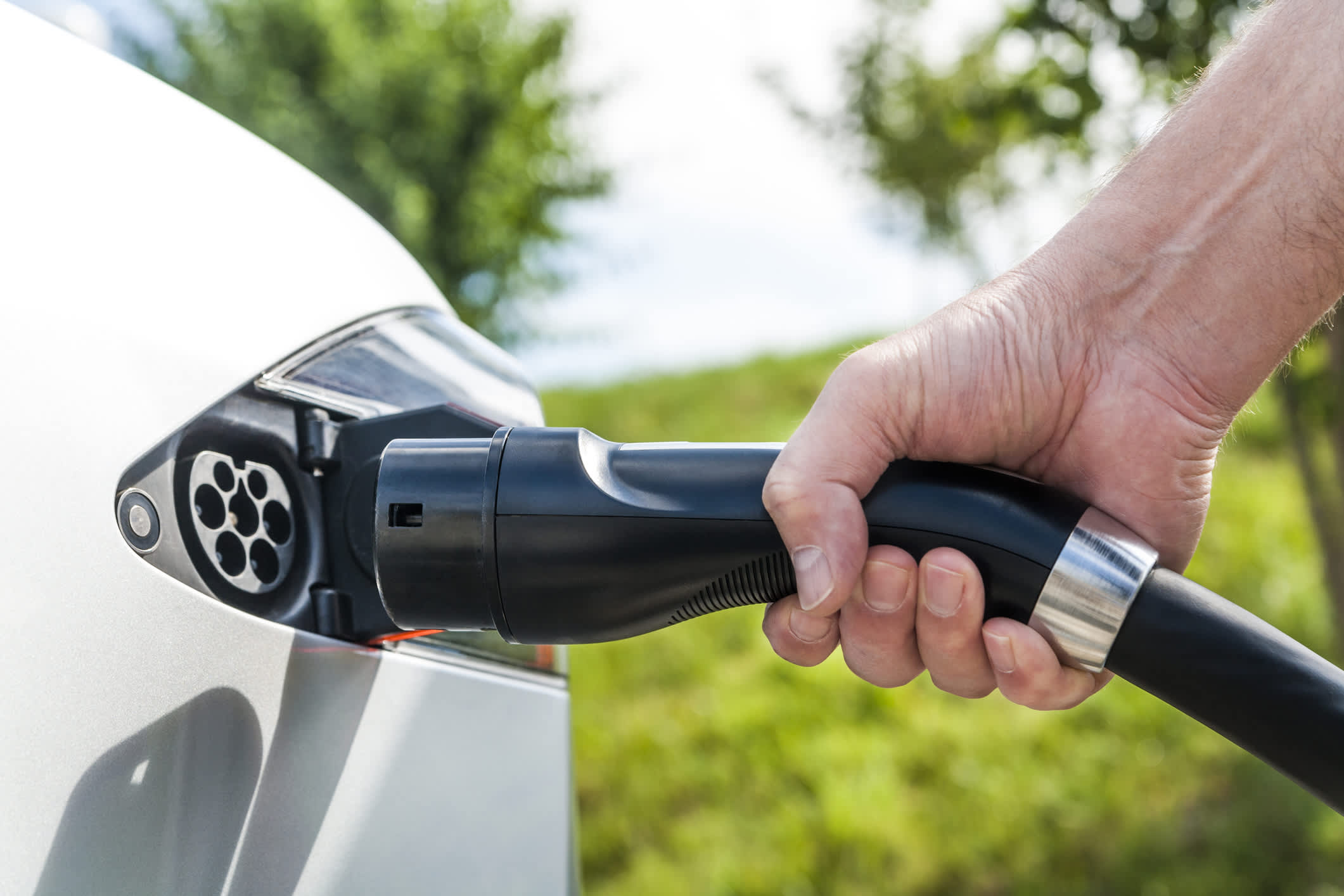Republican infrastructure counteroffer slashes Biden’s electric vehicle and climate spending

Senator Shelley Moore Capito, a Republican from West Virginia, left, speaks as Senator Roger Wicker, a Republican from Mississippi, center, and Senator John Barrasso, a Republican from Wyoming, listen during a news conference on Capitol Hill in Washington, D.C., U.S., on Thursday, April 22, 2021.
Stefani Reynolds | Bloomberg | Getty Images
Republican senators unveiled a counteroffer on infrastructure to President Joe Biden on Thursday that would make deep cuts to his proposed spending for electric vehicles, weakening a central component of the administration’s broader plans to combat climate change.
The GOP plan includes just $4 billion for electric vehicle infrastructure, scaling back Biden’s original proposal to spend $174 billion to boost the EV market and shift away from gas-powered cars in an effort to reduce domestic greenhouse gas emissions.
The Republican proposal as outlined Thursday did not address Biden’s other clean energy policies.
Many Republicans have argued that the infrastructure bill should only tackle traditional transportation issues, while Democrats have sought a broader package that addresses items such as climate change and clean energy.
White House press secretary Jen Psaki, in a statement Thursday, said the administration was concerned that the GOP proposal did not include substantial new funding to help the U.S. transition to a clean-energy economy.
The Biden administration’s counteroffer to Republicans last week reduced the overall price tag of its package while maintaining climate change policies, which are part of the president’s core agenda.
As part of his original plan, the president vowed to install at least half a million electric charging stations across the U.S. by 2030. He also proposed boosting domestic supply of EV materials and providing tax incentives for EV buyers as well as grant and incentive programs for charging infrastructure.
Electric cars comprise only about 2% of new auto sales in the U.S. but are seen as essential for combating global warming and achieving Biden’s plan to cut carbon emissions in half over the next decade and go carbon neutral by mid-century.
The largest spending item in the latest GOP offer is $506 billion for roads, bridges and major infrastructure projects, up $91 billion from their offer last month. Other spending increases include $72 billion for water systems, $22 billion for ports and waterways, and $65 billion for broadband.
The GOP counteroffer totals $928 billion over eight years, following the president’s latest offer to Republicans of $1.7 trillion, which was $600 billion less than his original proposal.
Biden’s infrastructure proposal includes energy initiatives to combat climate change, including the creation of an “Energy Efficiency and Clean Electricity Standard,” a mandate that would require some U.S. electricity to come from zero-carbon sources such as wind and solar power.
Biden’s plan aims to retrofit millions of homes to boost energy efficiency, with efforts focused on low-income and minority communities. It would also fund research and development projects on technologies such as carbon capture and storage, hydrogen and offshore wind.
His proposal also seeks to replace all lead pipes in the U.S. and update water systems to ensure safer drinking water. EPA Administrator Michael Regan at a press conference in Chicago on Thursday said investing in water infrastructure is “one of the best decisions we can make as a nation.”
The Senate Environment and Public Works Committee advanced on Wednesday a $304 billion reauthorization transportation bill for highways, roads and bridges. Sen. Tom Carper, D-Del., called the legislation an “important first step” to upgrade infrastructure and mitigate climate change while creating jobs.
The White House said it hopes to see progress in bipartisan negotiations on an infrastructure package by Memorial Day.




